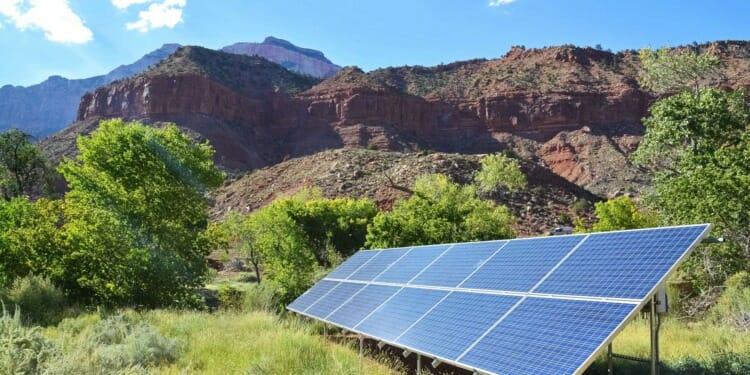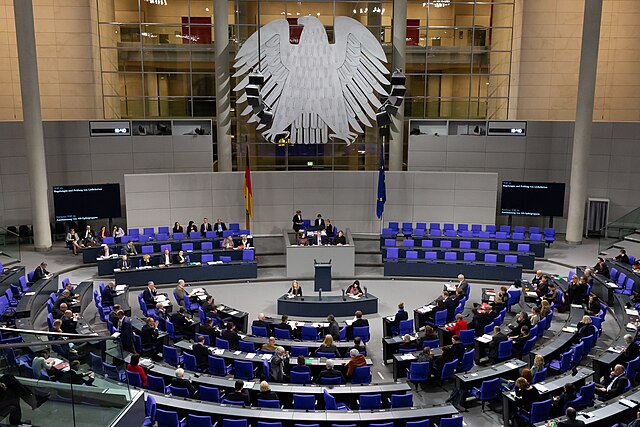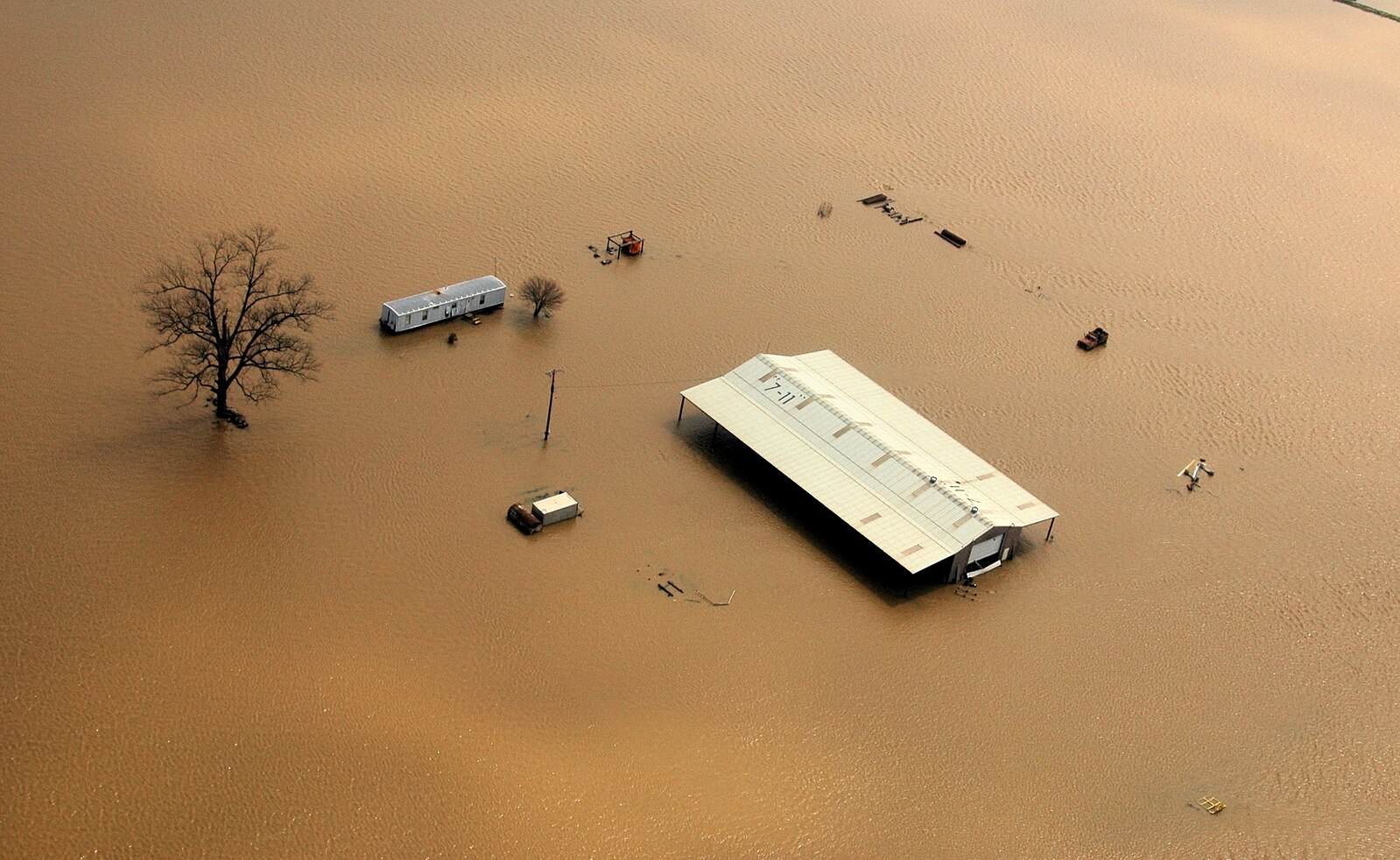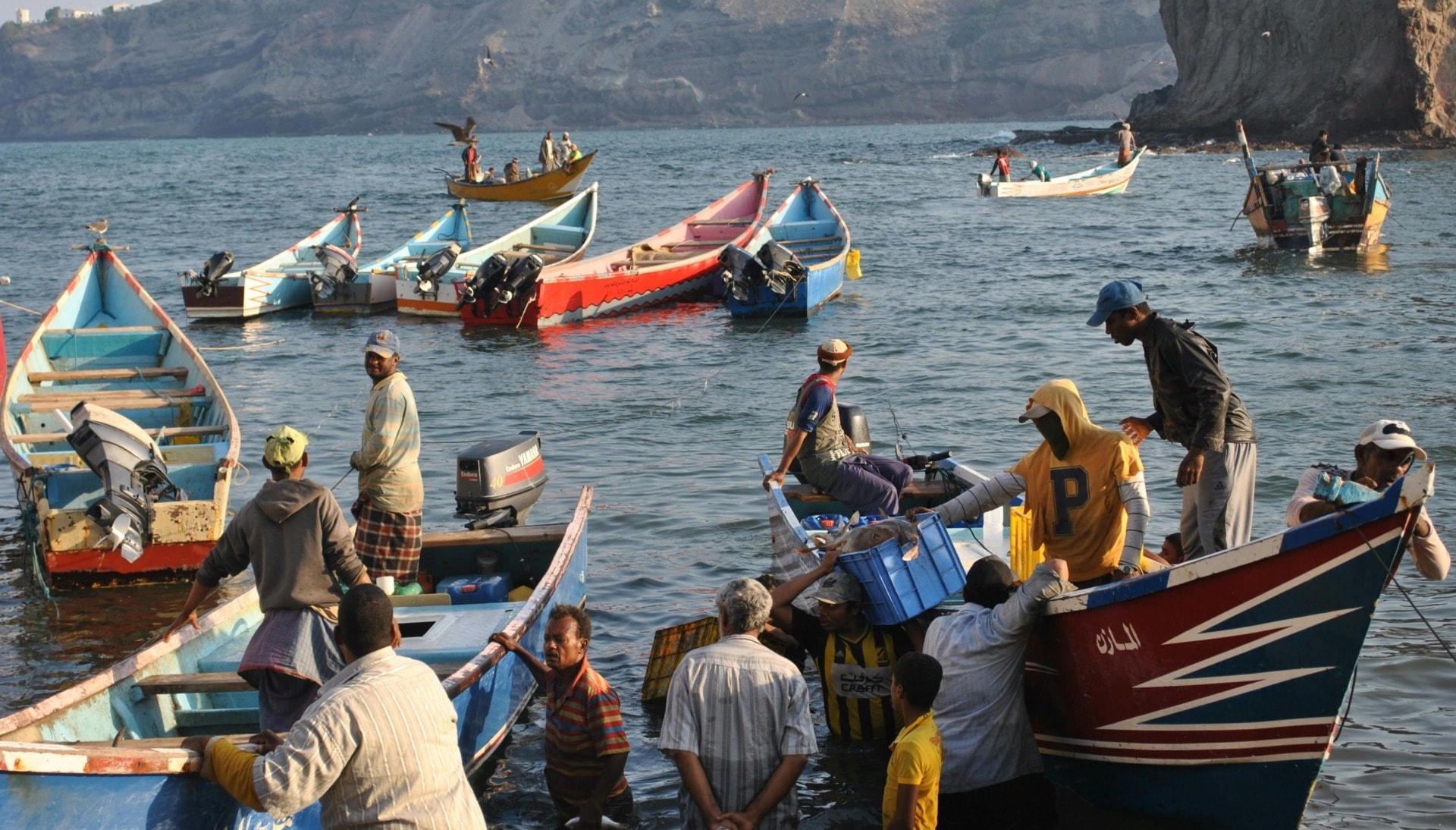A ground-breaking report released today by Energise Africa, a UK impact investing platform, and Power for All, an international organization working to end energy poverty in Africa and Asia, identifies the major policy and financial barriers to investment in Ethiopia’s off-grid solar market compared to the Democratic Republic of the Congo, Kenya, Nigeria, Rwanda, Tanzania and Zimbabwe, and outlines the long-term reforms that are needed for decentralized renewable development and short-term actions that can be rapidly implemented to introduce new dynamism in the country’s energy ecosystem.

With a population of over 110 million people, and growing per capita electricity consumption, Ethiopia could be a huge market for solar pay-go, but historically, financial and policy barriers have constrained the expansion of the developing decentralized renewable energy (DRE) sector. Currently, 60 million Ethiopians have no access to electricity, making it the third country in Africa (and the world) with the largest population without access to electricity. The country’s stringent regulatory barriers both to foreign investment but also to vertical integration and licensing in key sectors are also constraining the development of the DRE sector, According to the report.
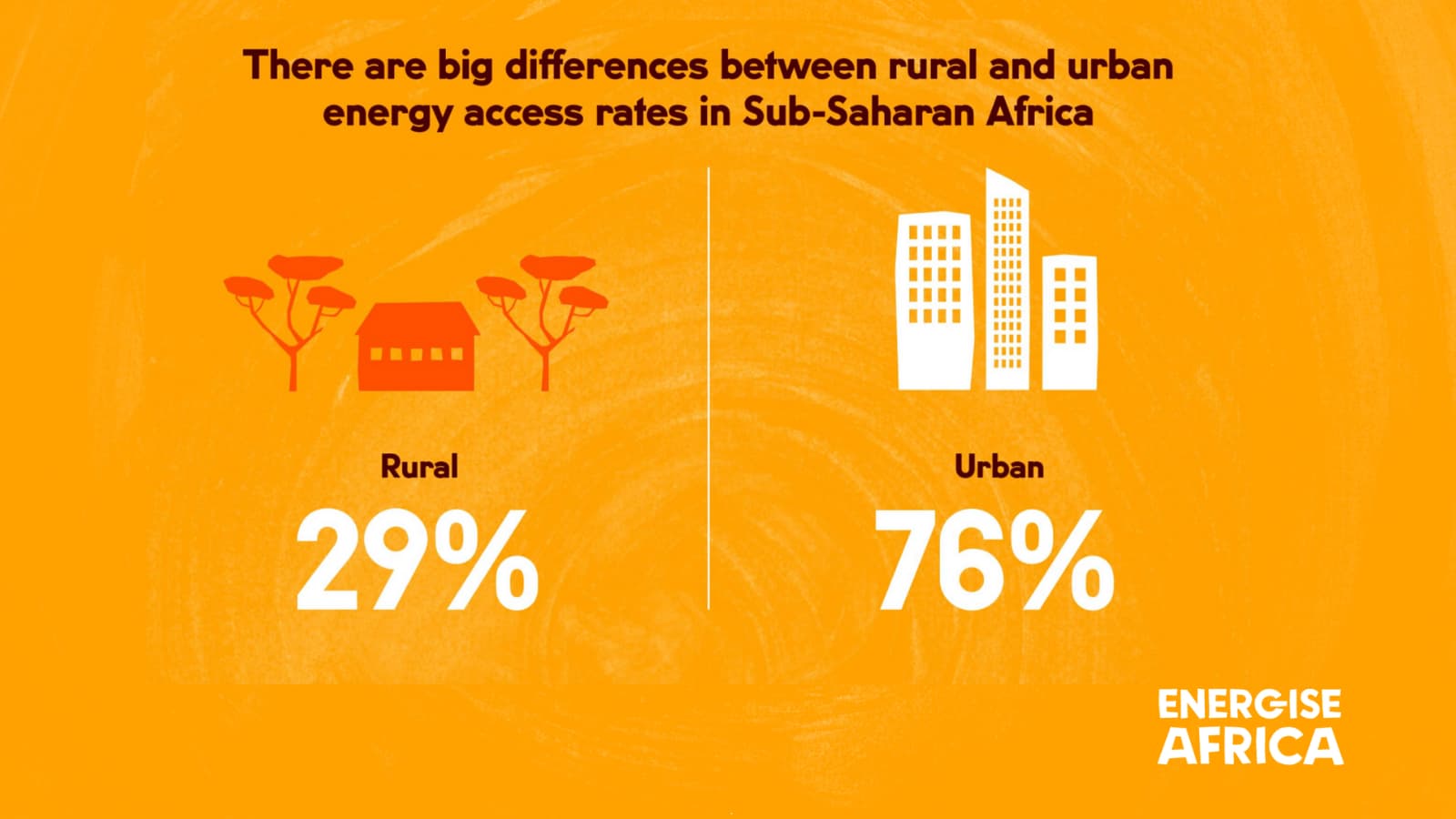
“The report shows that, while Ethiopia has some substantial barriers to the development of a successful DRE system, great opportunities exist and we will be working on the findings and recommendations of the research to continue to look at opportunities for Energise Africa to support the growth of renewable energy in Ethiopia,” said Lisa Ashford, CEO of Energise Africa.
According to the report, the major policy and financial constraints to DRE investment in Ethiopia, include:
- Regulatory barriers to entry: governmental regulations make licensing on imports and distribution difficult for the industry
- Access to foreign exchange: lack of access to foreign exchange, which is vital for importing the necessary inputs for off-grid solar businesses
- ICT infrastructure: telecommunications are still dominated by the un-dynamic state-owned Ethio Telecom, through which all other providers operate. The share of the adult population that has made or received a digital payment or that has a mobile money account is low
- Financial intermediation: the under-development of pay-as-you-go systems due to lack of quality telecom services to support mobile money institutions and the unavailability of affordable microfinance options in rural areas
- Information Asymmetry: The presence of low-quality and/or copycat solar lighting products and customers’ inability to differentiate quality-verified brands
Taking stock of past policy performance in Ethiopia, as well as past and current policies in the peer countries, the report identifies the following initiatives as possibilities to support the DRE sector expansion:
- Expansion of market development credit line: an energy-specific credit line to meet the current demand for Pico and solar home systems (SHS), especially in rural areas
- Market-based incentives for investment: include facilities for result-based financing (RBF) that competitively award incentives to companies according to their financing requirements
- Remittance-based financing: using mobile money to provide households with an option to purchase off-grid solar equipment through remittance income
- Public information for sectoral development: quality public information can be a low-cost instrument to reduce informational uncertainties
- Industrial policy for local manufacturing: explore the possibility of attracting investments for the creation of an exporting manufacturing cluster of off-grid solar products
For Ethiopia to complete its access targets and accelerate the deployment of off-grid technologies, several of these policy challenges will have to be directly addressed. Given the limited political, economic, and administrative resources that any government has to tackle any single challenge, a systematic diagnosis can provide in this regard a guide to prioritize and rank the problems faced by investors.
RELATED ARTICLES: Helping Make Electric Vehicle Ownership Accessible To All | The Solution To Greening Finance? It Lies Within The People | How Partnerships Can Turbo-Charge Progress on the SDGs | How to achieve resilient livelihoods: Solar irrigation in Southern Ethiopia
“The report not only identifies financial and policy constraints to electricity access in Ethiopia, but also outlines specific actions that are needed to break a cycle of energy poverty that has held back socio-economic progress for hundreds of millions of people,” said Kristina Skierka, Power for All CEO. “ Decentralised renewable energy has the ability to deliver secure, affordable electricity to rural communities all over the world, but only with affordable financing and a clear enabling policy framework.”
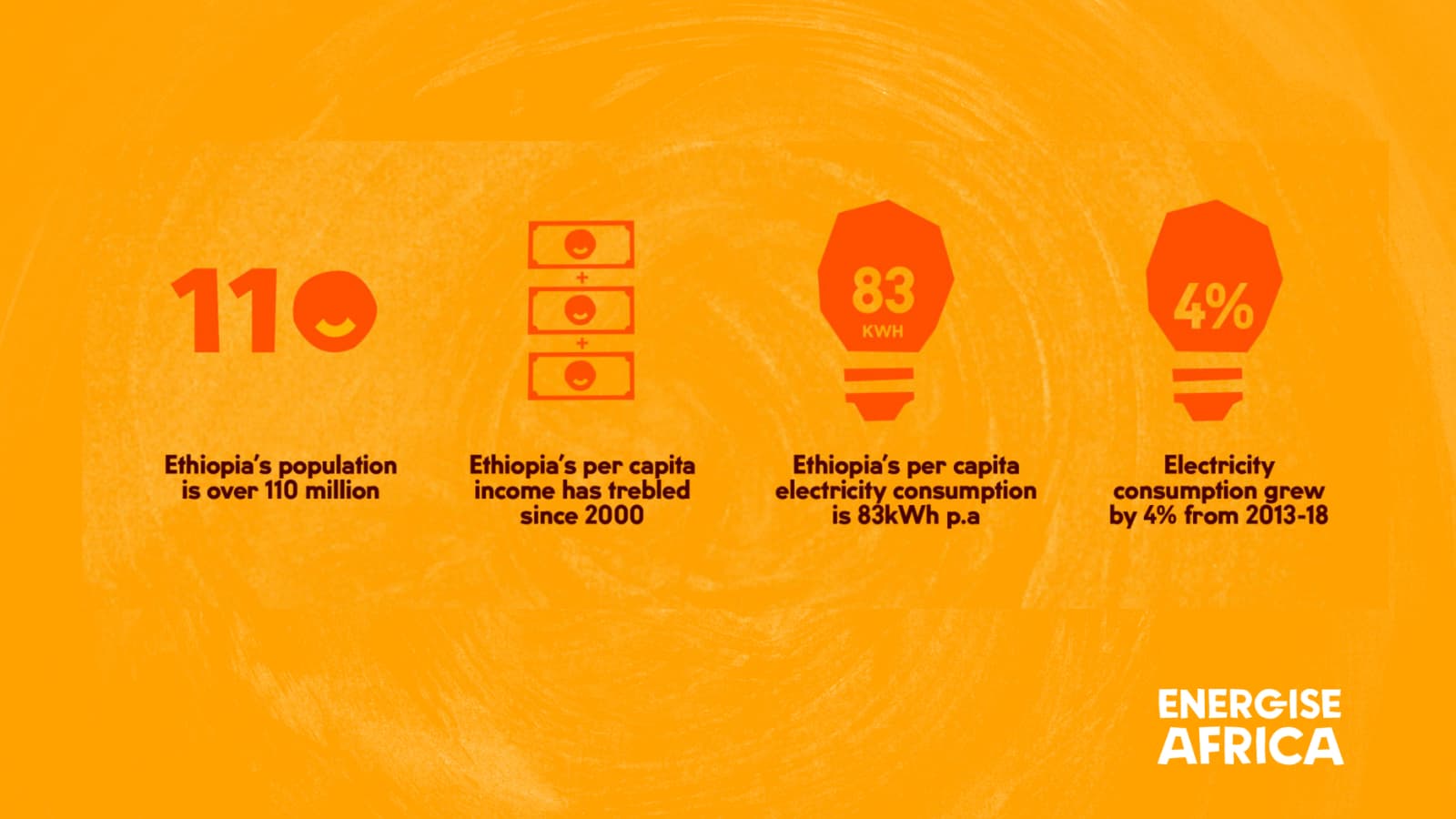
Lisa Ashford, CEO Energise Africa said “This report shows just how important national policies are to supporting action on climate change and supporting the achievement of the SDGs. Governments need to really take this into account ahead of the COP26 negotiations so that climate change commitments made there can deliver meaningful change on the ground.
Here at Energise Africa, we know that with the right policies in place across emerging markets we can get affordable and flexible capital flowing to those sustainable businesses that can help catalyze a rapid decarbonization of our society.”
In the cover picture: Solar Panels. Photo Credit: Photo by Jeremy Bezanger on Unsplash
Editor’s Note: The opinions expressed here by Impakter.com columnists are their own, not those of Impakter.com


